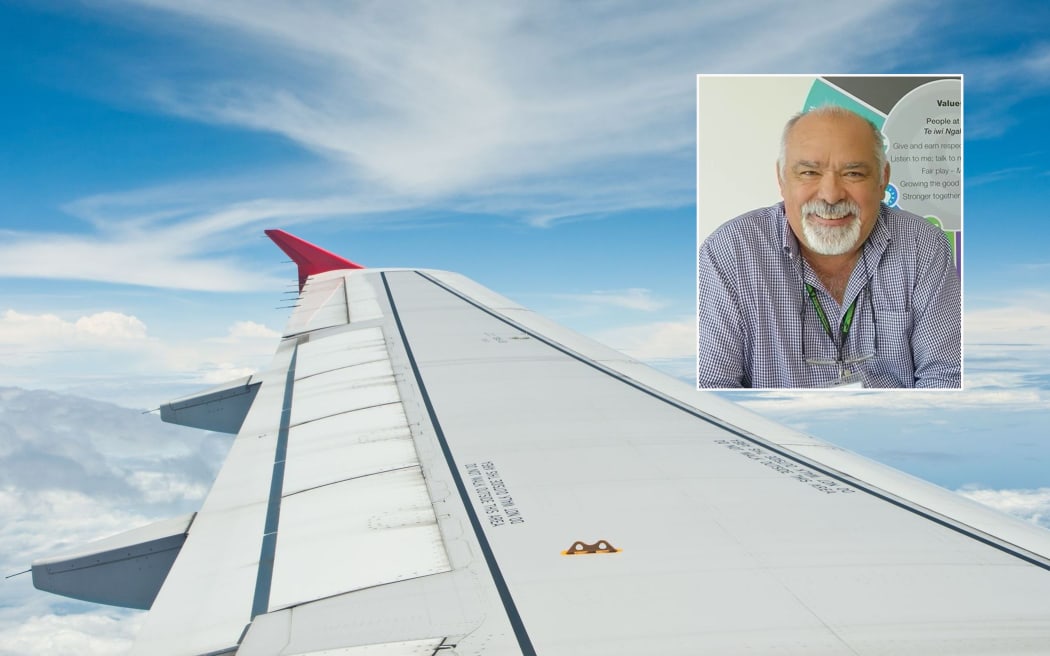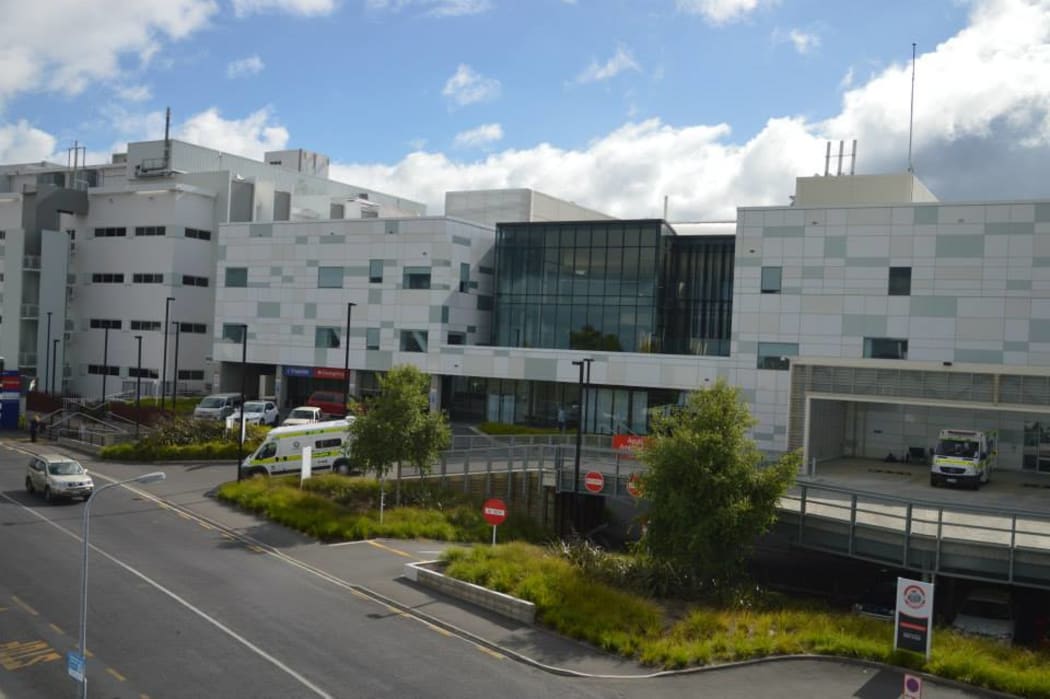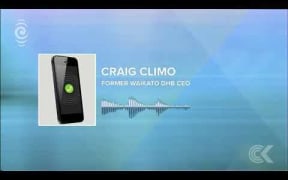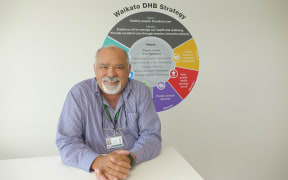Former Waikato DHB chief executive Nigel Murray used public funds for personal trips, embarked on international trips while on sick leave and tried to cover up breaches, a damning audit says.

Photo: Supplied / 123RF
The report into $218,000 worth of spending by Dr Murray over three years on travel and expenses was due to be released on Wednesday, but was withheld because the DHB said it was a draft and needed more work.
Dr Murray resigned in early October.
The draft report, by Audit New Zealand, has now been released after the DHB changed its mind, and reveals wide-ranging criticism.
The report noted it had not received all the information it requested, but its findings to date raised a number of concerns.
That included details of two trips to Australia within a five-day period, for which there was no explanation or reason given.
A number of instances of travel last financial were also not approved, and travel was also approved retrospectively in a number of cases.
"We found some of these changes have been retrospectively approved by the [DHB] chairman, however, some have not. In some instances it is hard to tell whether the amendments have been approved or not."
The report said a number of travel request forms from last year did not include the stated business reason for travel. Some had the business purpose completed retrospectively.
"For domestic trips, we noted instances where extra nights were booked, including some into the weekend without explanation."
There were some "more complex travel requests which resulted in significant costs, with no evidence provided to support the business need".
Some travel changes had resulted in a different cost, for which there was no explanation or justification given.
"We found two instances of travel where the travel request form stated one purpose but the expense claims relating to the same travel period have a different stated purpose."
Audit New Zealand said the staff travel and accommodation policy stipulated that accommodation be booked on a "room only" or "room plus breakfast" basis.
However, it found three bookings where full charge-back or charge-back meals were set up against the booking. Costs incurred on those occasions were "significantly larger than the quoted nightly rate".
The agency noted "a number of nights where the nightly rate for accommodation was in excess of $250".
Some international trips appeared to have been driven by a particular scheduled meeting. That prompted the agency to ask: "The DHB may wish to consider the value for money in such meetings and how it ensures, where appropriate, whether sufficient consideration is given to alternative means for the meeting, for example video conference".
There was also a large number of amendment fees and cancellation fees. "Some of these occur late and therefore result in greater amendment fees".
Regarding the two trips to Australia within five days, Audit NZ says: "There was no explanation as to the rationale of the two trips. This would have been useful given it is unusual and international travel. It raises the question of value for money".
There were also two instances of international travel "which when corroborated with the previous chief executive's diary showed he was on sick leave. As noted ... we have not been able to discuss with the previous chief executive issues about his expenses, and so are unable to determine whether the entries in his diary for those dates were accurate".

Waikato Hospital. Photo: Waikato DHB / Facebook
Earlier today, Waikato DHB member Dave Macpherson threatened his own board saying if it did not release the audit report today he would take action himself to make sure it got out.
The public had a right to know how taxpayer money was being spent, he said.
Mr MacPherson told Checkpoint the report confirmed the board's worst suspicions.
"We had a man in that position that didn't care less about the fact that he was spending public money.
"Clearly [Dr Murray] had a sense of entitlement and was cavalier in the way he did everything which meant that there was a mess left behind him that poor old DHB workers have been having to try and to clean up.
Mr MacPherson said the chairman, Bob Simcock, knew about the problems six months before he informed the board, but failed to act, and he should resign.






